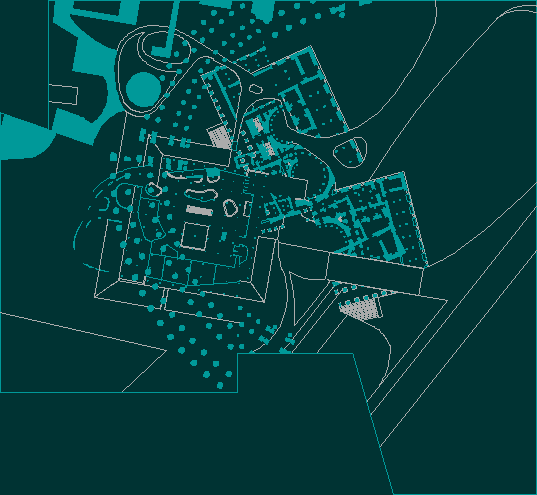
From: Stephen Lauf
To: design-l@lists.psu.edu
Subject: building another church -- in protest(ant)
Date: 2003.08.17 19:46
The following are selected items from Martin Luther's 95 Theses.
50. Christians are to be taught that if the pope knew the exactions of the pardon-preachers, he would rather that St. Peter's church should go to ashes, than that it should be built up with the skin, flesh and bones of his sheep.
51. Christians are to be taught that it would be the pope's wish, as it is his duty, to give of his own money to very many of those from whom certain hawkers of pardons cajole money, even though the church of St. Peter might have to be sold.
77. It is said that even St. Peter, if he were now Pope, could not bestow greater graces; this is blasphemy against St. Peter and against the pope.
82. To wit: -- "Why does not the pope empty purgatory, for the sake of holy love and of the dire need of the souls that are there, if he redeems an infinite number of souls for the sake of miserable money with which to build a Church? The former reasons would be most just; the latter is most trivial."
86. Again: -- "Why does not the pope, whose wealth is to-day greater than the riches of the richest, build just this one church of St. Peter with his own money, rather than with the money of poor believers?"
[the following excerpt comes from Johan Huizinga's Homo Ludens: a study of the play element in culture.
"The player who trespasses against the rules or ignores them is a "spoil-sport". The spoil-sport is not the same as the false player, the cheat; for the latter pretends to be playing the game and, on the face of it, still acknowledges the magic circle. It is curious to note how much more lenient society is to the cheat than to the spoil-sport. This is because the spoil-sport shatters the play-world itself. By withdrawing from the game he reveals the relativity and fragility of the play-world in which he had temporarily shut himself with others. He robs play of its illusion -- a pregnant word which means literally "in-play" (from inlusio, illudere or inludere). Therefore he must be cast out, for he threatens the existence of the play-community. . . . In the world of high seriousness, too, the cheat and the hypocrite have always had an easier time of it than the spoil-sport, here called apostates, heretics, innovators, prophets, conscientious objectors, etc. It sometimes happens, however, that the spoil-sports in their turn make a new community with rules of its own. The outlaw, the revolutionary, the cabbalist or member of a secret society, indeed heretics of all kinds are of a highly associative if not sociable disposition, and a certain element of play is prominent in all their doings."]
|